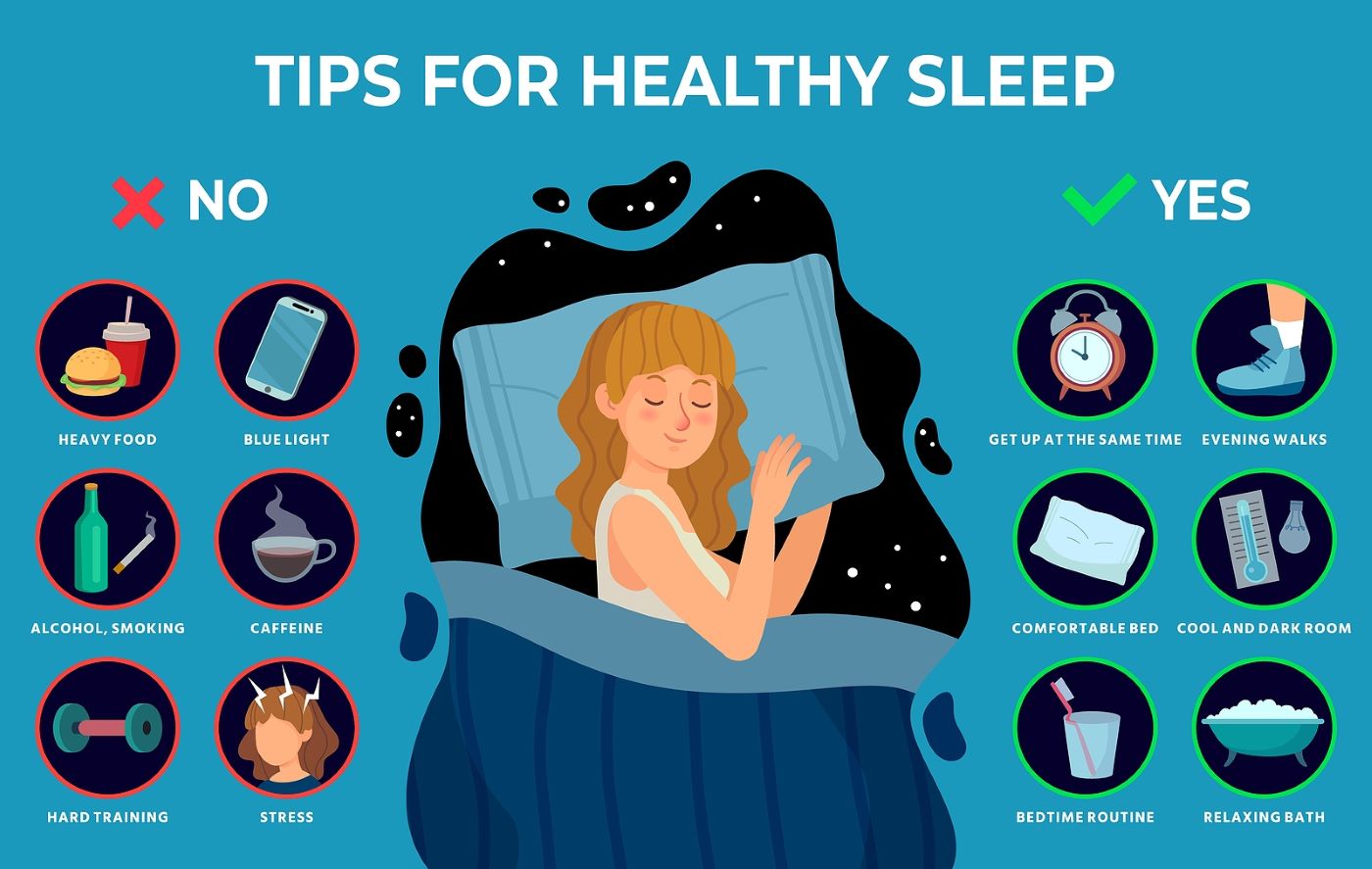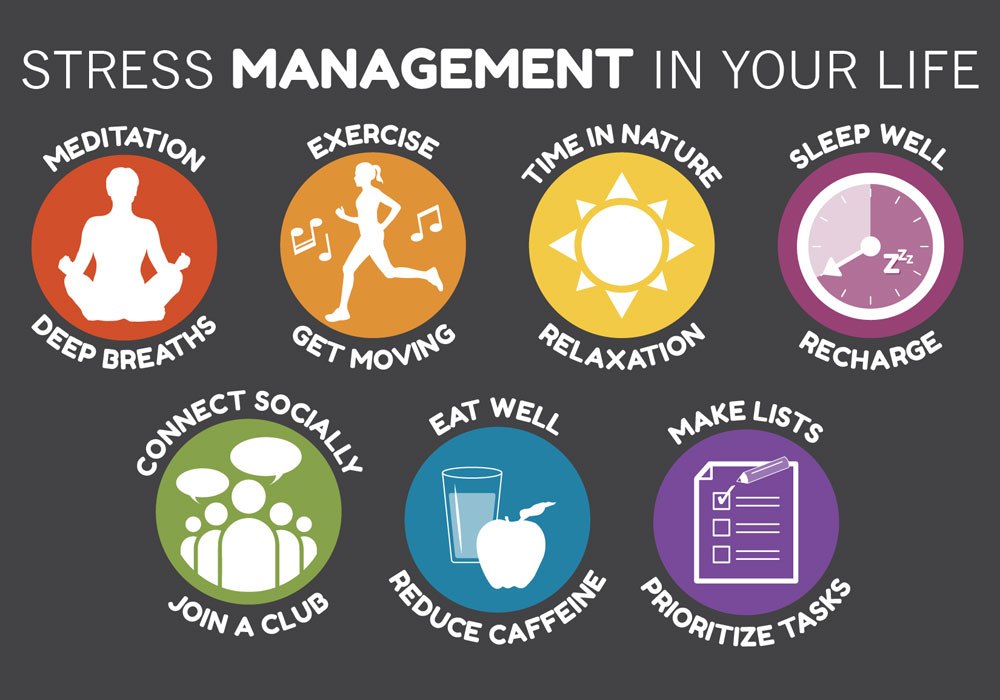Healthy lifestyle tips
Health is a state of complete physical, mental, and social well-being, not merely the absence of disease or infirmity. It encompasses various aspects of life, including the body’s ability to function efficiently, emotional stability, and the presence of supportive social networks. Good health enables individuals to live productive lives, engage in meaningful activities, and manage stress effectively. It is maintained through a combination of proper nutrition, regular physical activity, adequate rest, stress management, and preventive healthcare. Achieving and sustaining health involves a holistic approach, addressing both the external and internal factors that contribute to overall well-being.
A wellness nourisher is an essential companion on the journey to holistic health, offering a blend of nutrients, mindfulness practices, and lifestyle adjustments to foster overall well-being. This concept goes beyond mere physical health, encompassing mental, emotional, and spiritual dimensions. By integrating superfoods, vitamins, and minerals into a balanced diet, alongside regular exercise and mindfulness techniques such as meditation and yoga, a wellness nourisher helps individuals achieve a harmonious state of being. The goal is to create a sustainable, healthful lifestyle that not only prevents illness but also enhances vitality, resilience, and joy. Embracing a wellness nourisher approach means committing to continuous self-care and personal growth, ultimately leading to a more vibrant and fulfilling life.
Here are some practical health tips to help you maintain and enhance your well-being:
- Balanced Diet: Eat a variety of foods from all food groups. Include plenty of fruits, vegetables, whole grains, lean proteins, and healthy fats. Aim to minimize processed foods, sugar, and excessive salt intake.
- Stay Hydrated: Drink plenty of water throughout the day. Staying hydrated helps maintain bodily functions, improves energy levels, and aids in digestion.
- Regular Exercise: Incorporate at least 150 minutes of moderate-intensity exercise, such as brisk walking, or 75 minutes of vigorous-intensity exercise, such as running, per week. Strength training exercises are also important at least twice a week.
- Adequate Sleep: Aim for 7-9 hours of quality sleep each night. Establish a regular sleep schedule and create a restful environment to promote better sleep.
- Stress Management: Practice stress-reducing techniques like meditation, deep breathing exercises, yoga, or tai chi. Finding time for hobbies and relaxation is also crucial.
- Routine Check-Ups: Regular health check-ups and screenings can help detect issues early and manage them effectively. Don't skip annual physicals and stay up-to-date with vaccinations.
- Limit Alcohol and Avoid Smoking: If you drink alcohol, do so in moderation. Avoid smoking and exposure to secondhand smoke to reduce the risk of chronic diseases.
- Mindful Eating: Pay attention to what and how you eat. Avoid distractions during meals, eat slowly, and savor each bite to improve digestion and satisfaction
- Mental Health Care: Prioritize your mental health. Seek professional help if you feel overwhelmed, anxious, or depressed. Regularly engaging in activities that promote mental well-being is vital.








Comments
Post a Comment